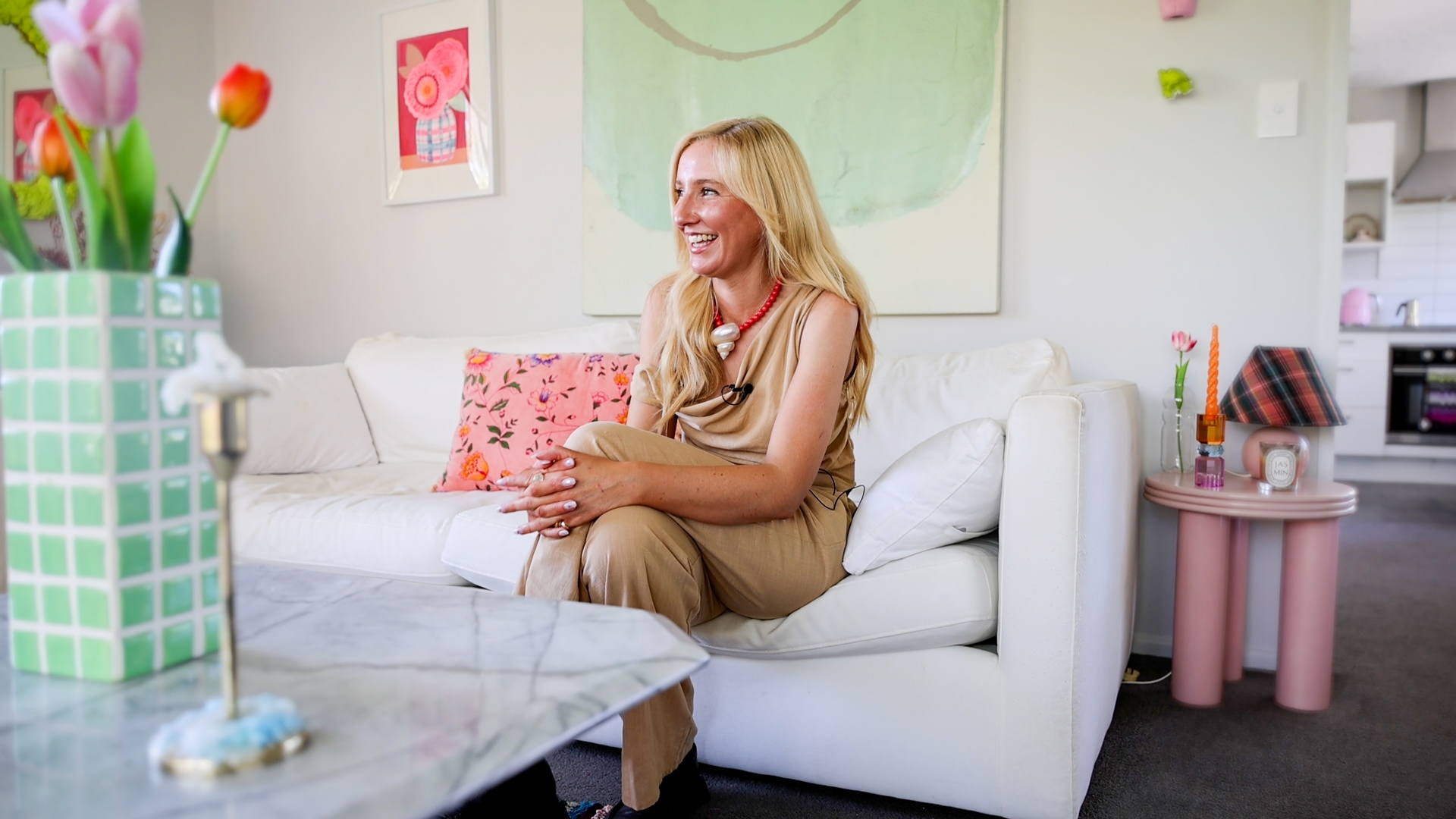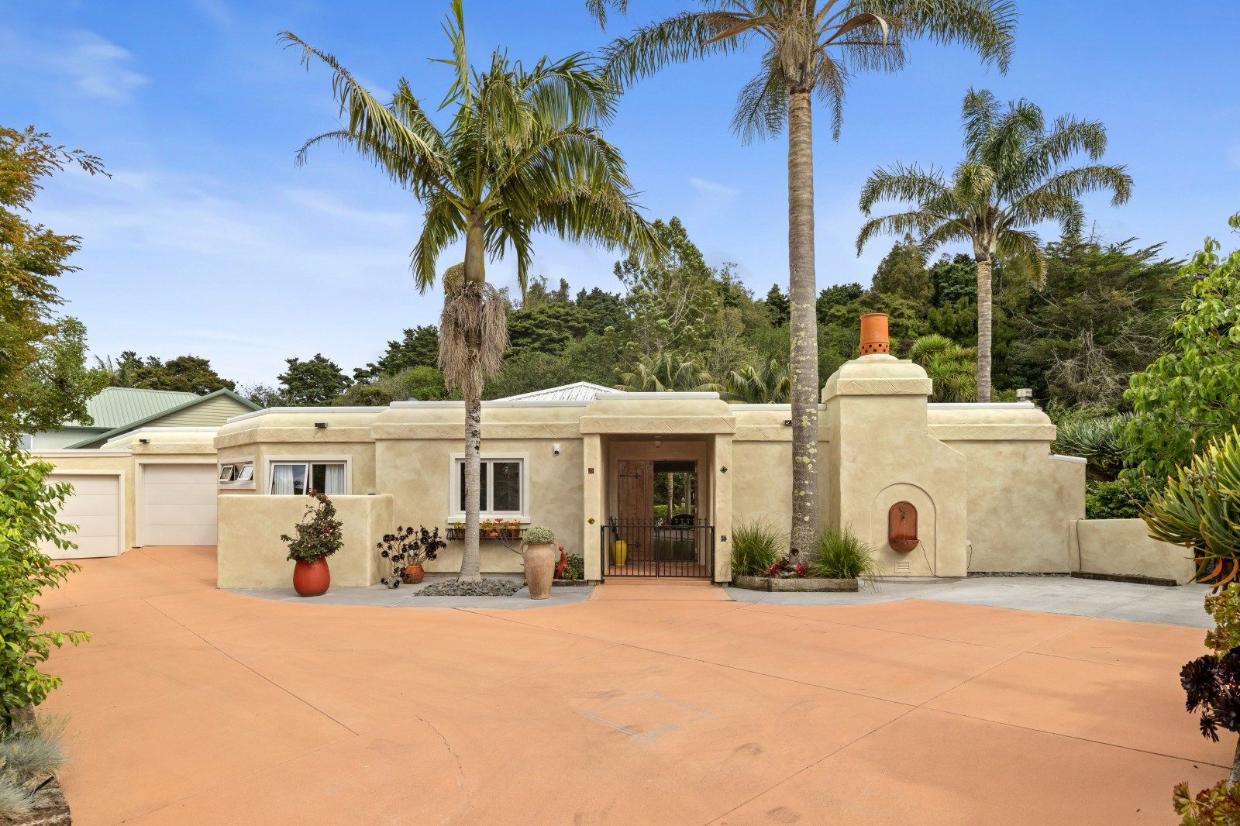Selling guide
Selling at auction in NZ: what you need to know
Going, going... gone!
The advantages of selling your property at auction
Selling at auction: how to prepare
You'll need to confer with your real estate agent about setting a reserve price for the auction.
Do I need to attend my property auction?
Discover More
Search
Other articles you might like







